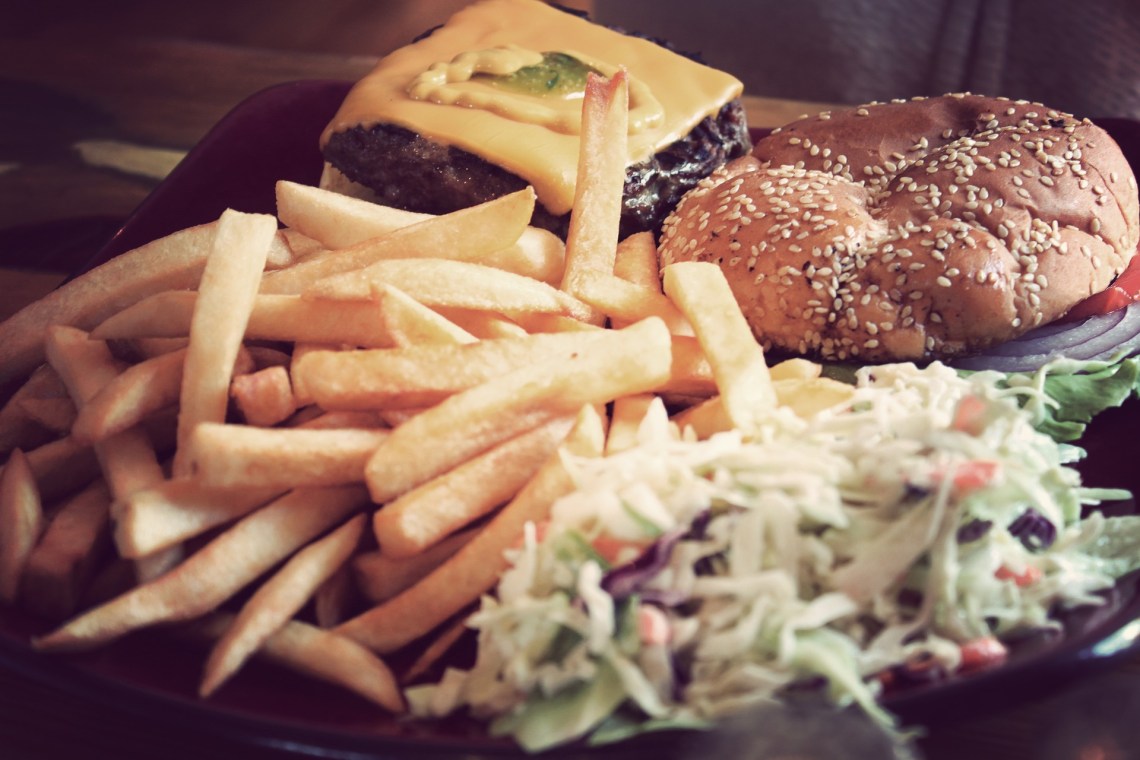I was talking to a client about his health goals and weight loss and he asked, “Can I have cheat days?” I’ll admit my feathers got a bit ruffled, mainly because it’s a mindset that too often leads to failure.
But his question deserved an honest answer. Yes, you can have cheat days. But the more important question is: “Will cheat days support or sabotage your efforts?”
The definition of cheating speaks to the trap that “cheaters” often find themselves in: “To behave in a dishonest way in order to get what you want,” according to the Cambridge English Dictionary. So, to pull from that definition… what do you want?
Cheat days can be tricky, but they do offer some benefits.
When you restrict kilojoules, your metabolism can take a hit. Cheat days may help kickstart your metabolism to offset any slowdowns. Splurging also can satisfy those inevitable cravings, helping you stay on track long term.
But cheat days can be the end of yet another attempt to lose weight.
Here’s why. The concept of cheating equates with being on a diet. The word “diet” has a well-deserved negative connotation. It’s all about deprivation. Your mental energy is focused on what you can’t have, as opposed to the new life you’re trying to create. No wonder the little child in us feels the need to cheat. We want what we want, and we want it now!
Let’s play out what too often comes from cheating.
You’re sailing along, pumped about your weight loss, feeling leaner and energetic. It’s time to celebrate! Enter the “cheat day”. What do you want? A juicy cheeseburger with a large side of fries? A slice of rich and creamy cheesecake? As much meat-lovers pizza as you can possibly eat? It’s cheat day! You can have them all. And you do, because you can.
Then the next day rolls around, and it’s time to get back on track. The tantalising flavours of yesterday are still with you, lingering on your taste buds. You meet the day with every intention of being “good”. But there’s no harm in just a little more, right? And the downward spiral continues, turning a cheat day into a cheat week, which leads to frustration and giving up.
So let’s get to the bottom of what’s going on.
The first issue is your relationship with food. You’re categorising foods as either “good” or “bad”. If you’re eating a bad food, you’re being bad, right? You’re bad for eating that piece of cake. You tell yourself, “I really must suck. I can’t do this. It’s stupid to think I could. Oh, screw it! I’ll start again tomorrow.”
Then there’s your childhood. For most of us, food was a reward – or a punishment. You did your chores? You get a cupcake! You did your homework? Chicken fingers and French fries it is! You didn’t eat your green beans? No ice cream for you! How is the cheat day any different? The punishment is the “diet”.
Why then did I tell my client that cheat days can be a good weight-loss tactic?
Because done mindfully, they can support your weight-loss journey. I tried a program a few years ago that involved a cheat day, and I made the best of that one day each and every week.
But here’s the catch: Successfully incorporating cheat days into your weight-loss plan demands you have a healthy relationship with food in the first place. You must recognise that it’s fuel for your body. Not that you can’t love it – you can, but you have to be in control of that piece of cheesecake, not the other way around.
The second critical component of a successful cheat day is when you’re “on” – i.e., when you’re being “good” – you have to be 100% on. I was putting lemon juice on my salad for dressing. I was being vigilant about portion sizes. I wasn’t eating one little nibble of any high-kilojoule, off-plan food the other six days of the week. You get the idea.
So is a cheat day right for you?
Yes – but only, and I mean only, if you can do the following things:
Keep guilt and negativity out of the picture.
Limit your cheat day to a day (not another bite of “bad” food on other days).
Pick yourself right back up after a cheat day and never look back.
Can you do that? If not, don’t cheat – or sabotage – yourself. Find another strategy that works for you.
This article was originally published on
www.menshealth.com
Dr Michael Smith
Fuente: www.health24.com
